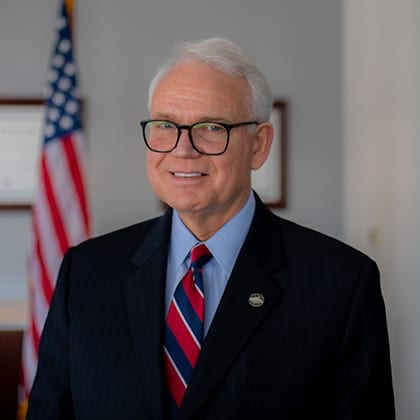Originally published by the Deseret News.
Summer is upon us and so too is a tale that’s been overtold: Americans are terrible at taking vacation. Every year we collectively fail to use millions of paid vacation days. The experts say we just can’t seem to unplug or we are afraid to be seen as slacking. But I think there is something deeper — even virtuous — at play.
Charles Murray writes, “If just one American virtue may be said to be defining, industriousness is probably it.” He is describing the dignity of honest work that may explain why we, as a nation, have a hard time with time off. We go to work every day, and what we do enables others to do what they do. This struck me at around 4 a.m. in Fort Lauderdale, Florida, in an Uber — the last of a series of rides.
The world is different very early in the morning. Cellphones don’t ring. Emails are not coming in. Most storefronts are closed. Homes are dark and traffic is light. Getting into a car with a stranger under these uncontested circumstances begs for a conversation. It’s a good time to hear a story — from people so different but so much the same.
In Florida, my Uber driver was a construction worker until a back injury forced him to retire. He now drives to make ends meet but also because he misses work.
In Anchorage, a fourth-generation fisherman drives because chemo currently saps his strength. He can’t handle the physical work, “at least for now,” he said. He misses the freedom of his old job — that is the word he used — freedom. He was driving until he could get back to work, which, he admitted, probably wasn’t going to happen.
In San Antonio, I met the wife of an Army veteran. Her husband was struggling with post-traumatic stress disorder and she was pitching in to provide income while he was “working his way through it.” There was that word again — work: work as a process, work as a solution.
These are the faces of this nation. This is the connection Arthur Brooks describes between happiness and work. It is “the belief you are creating value with your life and value in the lives of others.”
I know there has been some controversy around Uber, the company, but those stories have nothing to do with the people I meet. The concept is a free-market solution for people looking to work and for those forced out of their usual work. Among the veterans, housewives, immigrants, cancer patients, students and retirees I have met, these encounters leave me feeling better about America. They are a connection to what matters. They are a reminder of the dignity of work and the goodness of people. There is something about conversations at 4 a.m. on quiet highways far from home with another human being who is also up at 4 a.m. for reasons all his or her own.
In Washington, D.C., my driver was from Laos. He drives all night after working at a restaurant for 10 hours. Around 7 a.m. he stops so he can take his kids to school. He is committed to their education. He sleeps after that. He said it’s tough to work so hard. But he understands why his friend — a “tech guy,” as he put it — makes more in an hour than he makes in 16. “It’s because he has a degree and his English is good.”
I asked if he ever thinks about going back to Laos. His answer was powerful. “Worse, very worse,” he said. It was a succinct reminder of the American dream as described by Brooks, which is not so much the stories of rags-to-the-1 percent, but stories of “ordinary people who make it from the bottom to the middle. That is, the people who beat all the odds to live lives in which they earn their success and can provide for their families. These are the people who look like our ancestors, the ambitious riffraff who came to America not for fame and wealth, but simply for decent lives for themselves and their families.”
It is important to take a break, spend time with the family and recharge now and then. But we should also understand within ourselves work is not a mundane obligation or a punishment. As a founding virtue, it is an ennobling principle upon which this nation was built. Each of us sustains that virtue every day we choose to work.
More Insights

Your Event Title Here
Read More
What you need to know about the upcoming state party conventions
The two major political parties are about to hold their state conventions. Here’s what you need to know.
Here’s why the First Amendment’s religion clauses are not in conflict
Some suggest there is a tension between protection for the free exercise of religion and the prohibition on the establishment of religion. But a better take is to see the two clauses as congruent.
Is California’s minimum wage hike a mistake?
Is raising the minimum wage a good tool to help low-income workers achieve upward mobility? That’s the key question at the heart of the debate over California’s new $20 an hour minimum wage law for fast food workers.



